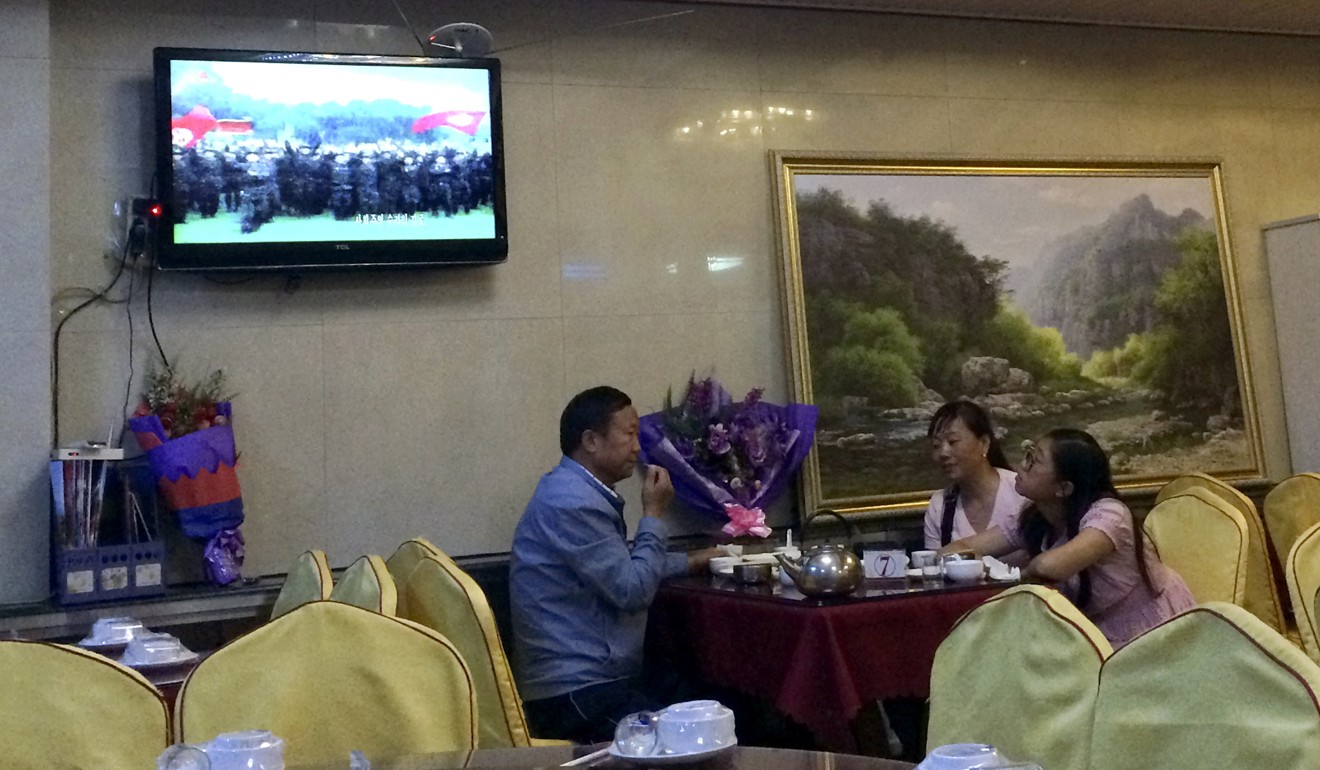
All North Korean firms and joint ventures in China to be closed
Businesses have been given 120 days from September 11, when the latest UN sanctions were adopted, to shut down
China announced on Thursday that all North Korean firms and joint ventures in China would be closed, as part of the latest sanctions imposed on Pyongyang over its nuclear weapons programme.
All existing joint ventures with North Korean firms in China, as well as entities solely owned by North Korean companies or individuals, are to be closed within 120 days from September 11, when the sanctions were adopted, a notice from the Ministry of Commerce said.
Joint ventures set up overseas by Chinese firms and North Korean entities or individuals should also be closed, it said.
But companies approved by the United Nations Security Council sanctions committee – including non-profit and non-commercial infrastructure projects – would be exempted, the notice said.
The UN Security Council voted unanimously on September 11 to impose tougher sanctions on North Korea – including a ban on textile exports and restrictions on its oil supply – in response to its sixth and largest nuclear test earlier this month.
The sanctions were described as the harshest yet against North Korea and could result in Pyongyang losing about US$800 million a year from textile exports and another US$500 million a year from its overseas workers.

The amount invested by North Koreans in China is small – direct investment totalled US$22 million from 2006 to 2015 according to the statistics bureau – and it has declined in recent years.
It fell from US$11.2 million in 2010 to US$290,000 in 2014, according to commerce ministry data.
And it was just US$70,000 in 2015 – the lowest level since 1997, according to the Korea International Trade Association in Seoul.
Investments were mainly in restaurants – North Koreans run more than 100 across China, including 26 in Beijing, the trade association said in a report last year.
Zhang Huizhi, a North Korean affairs expert at Jilin University in Changchun, said there were not many joint ventures in China between North Koreans and Chinese, but they were mostly restaurants.
“The number of restaurants has been declining since last year, when South Korea asked its citizens not to visit North Korean restaurants in foreign countries,” Zhang said.
“Those restaurants don’t generate a huge amount of revenue for the Kim [Jong-un] regime, so this ban won’t fundamentally hurt the North Korean economy.”
But she said the ban would further damage relations between Beijing and Pyongyang.
News of the ban had yet to reach some businesses, however. At one North Korean restaurant near the embassy in Beijing on Thursday, an employee told the South China Morning Post that it was business as usual and they had not heard about the shutdown.
Another specialist in North Korean affairs at Jilin University, Sun Xingjie, said the ban would also affect North Korea’s textile industry.
Of the 188,300 North Koreans who travelled to China in 2015, some 25,900 said they were in the country for business, while 94,200 were there for work, according to the National Tourism Administration.


